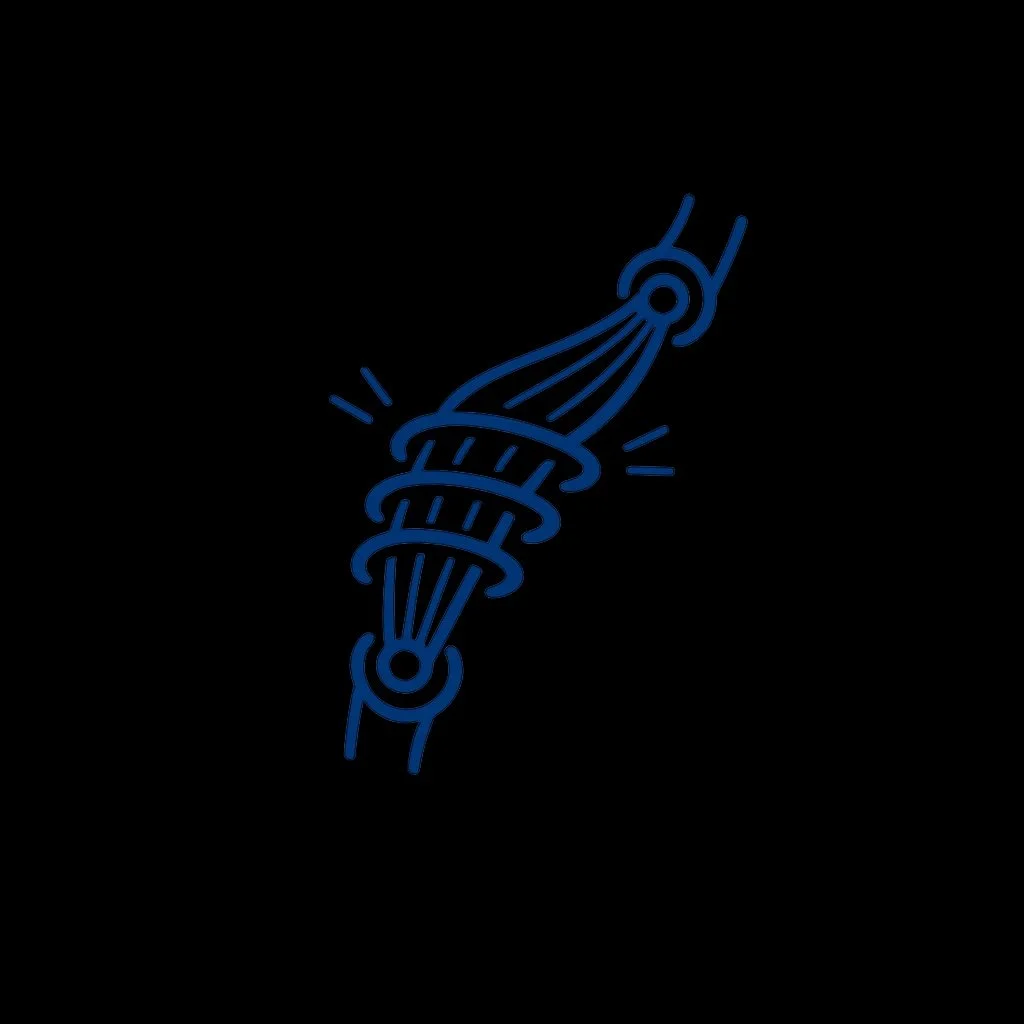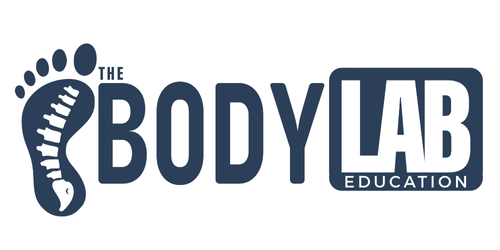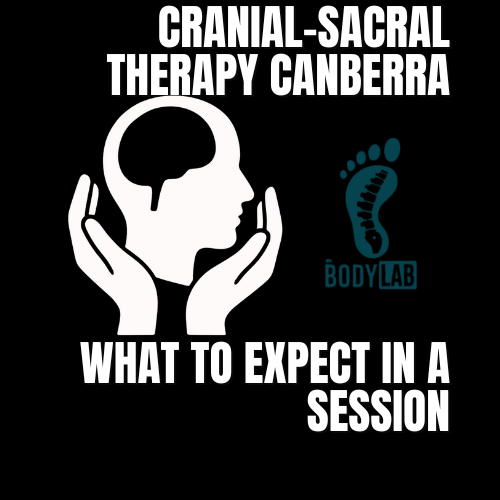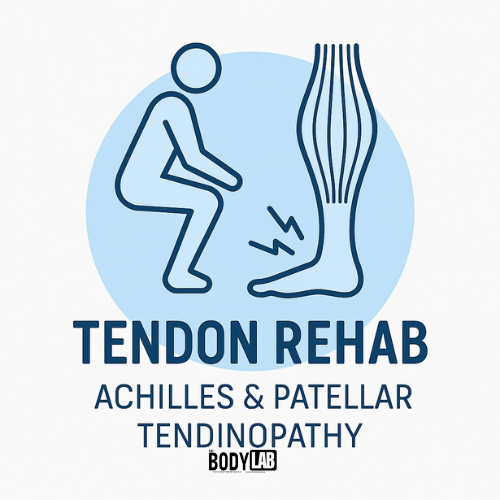Acupuncture in Canberra for Pain Relief, Stress & Mobility
At The Body Lab, we offer a modern take on a time-honoured practice. Our acupuncture treatments are rooted in Traditional Chinese Medicine (TCM) but adapted for today’s needs—whether you’re dealing with chronic pain, stress, or movement issues. We combine precise needle therapy with expert movement analysis to help your body feel and function better.
Conditions We Treat:
Chronic back, shoulder, and neck pain
Pelvic and SI joint dysfunction
Sciatica and nerve-related pain
Migraines and tension headaches
Digestive issues and menstrual irregularities
Anxiety, stress, and nervous system dysregulation
Our focus is always on treating the root—not just the symptoms.

Why Choose The Body Lab for Acupuncture in Canberra?
Specialised in Pain Relief: We focus on musculoskeletal pain, chronic tension, and postural dysfunction.
Whole-Body Integration: Treatments are tailored and combined with movement therapy to ensure long-term improvements.
Experienced Practitioner: Riccardo Galeotti brings 15+ years of experience in Classical Chinese Acupuncture, craniosacral therapy, and biomechanics.
Evidence-Informed: We incorporate modern insights into fascia, neurology, and structural balance to enhance TCM’s benefits.
What to Expect in Your Appointment
Every acupuncture session starts with listening—to your story, your symptoms, and your body’s patterns. Your first visit includes:
In-depth health and movement assessment
Acupuncture session with fine, sterile needles
Treatment of key meridians and pain-relief pathways
Movement guidance or corrective exercises (where applicable)
Each session aims to restore function and balance—not just provide temporary relief.
Book Your Appointment
Take the first step toward a more balanced, pain-free life. Whether you're managing chronic conditions or just feeling “off,” we’re here to help.
Book now to experience acupuncture in a way that respects tradition but works with how your body moves today.
👉 Book Your Session or call 0432 785 135
Frequently Asked Questions
Does acupuncture hurt? Most clients feel little to no discomfort. The needles are very fine, and sessions are calming and relaxing.
How many treatments will I need? This depends on your condition, but most people feel improvements within 2–3 sessions.
Is acupuncture safe? Yes—when performed by a trained professional. Riccardo uses only single-use, sterile needles.
Explore More:
The Body Lab – Where ancient wisdom meets modern movement for pain relief, healing, and vitality.
#AcupunctureCanberra #PainRelief #HolisticHealth #ChronicPainCanberra #TheBodyLab #MoveBetterFeelBetter























